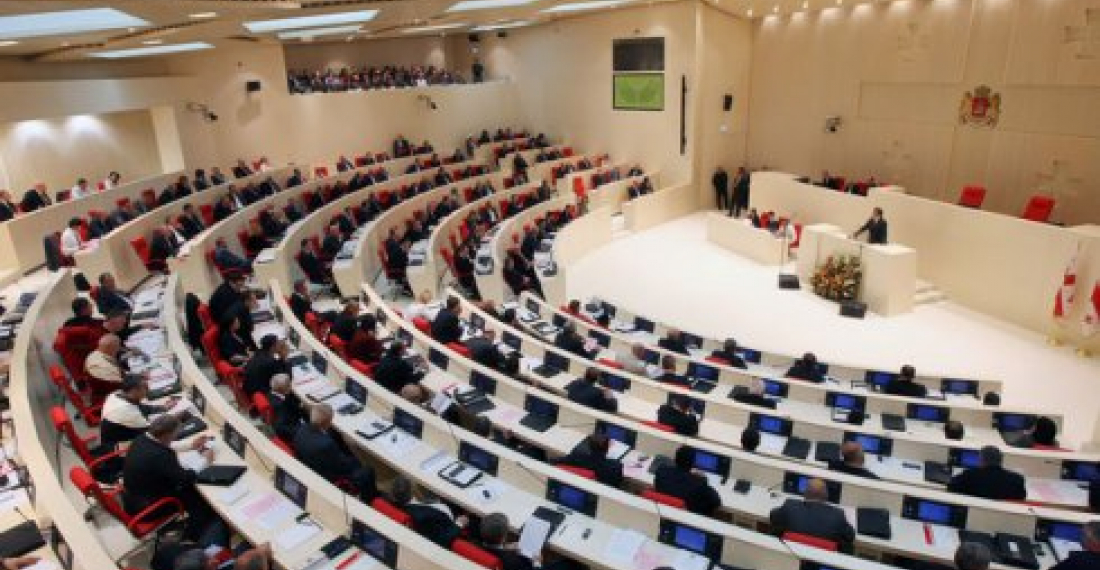This is a commentary by the political editor of commonspace.eu
The final results in last Saturday's parliamentary elections in Georgia have been announced by the Central Elections Commission, after all votes have been counted. Georgian Dream has won 48.65%, United National Movement 27.13%, and Patriots Alliance has 5%. No other party has passed the threshold.
The result brings to Georgia a new political reality.
For the first time Georgian Dream will govern on its own, and not in coalition. This will give it more room for political manoeuvre, but it takes away the restraining aspects that coalitions inevitably bring about. The absence of the Republican Party, and particularly its leader Davit Usupashvili, the outgoing Chairman of Parliament, will be felt both in policy, as well as in the prestige of the parliament, to which he contributed much in the last four years
Only three parties have won enough votes to secure seats in parliament through the proportional list. As things stand now, Georgian Dream will get 44 out of the 77 seats under this system, United National Movement 27 and Patriots Alliance, 6. They will be joined by the 73 MPs elected in the single mandate constituency elections. Many of these are yet to be chosen, since they need to go to a run off after failing to secure 50% of the votes cast in the first round. Georgian Dream is expected to win most of them.
One party that will no longer be in the Parliament is the pro-western Free Democrats, whose leader, Irakli Alasania said on Monday he was taking time off from politics after the party just missed the 5% threshold, securing only 4.6% of the vote.
The new party in parliament is the Patriotic Alliance, an unknown political quantity, but one whose rhetoric during the campaign has caused some concerns due to its xenophobic character. Their role will be larger than their numeric size suggests, since they will play a role between GD government and the main opposition force the UNM. Their presence in parliament is an opportunity for them to show their political responsibility.
The UNM remain undecided how to play their next political move. Their leader in exile, Mikheil Saakashvili has asked for a boycott of parliament. In the rest of the party this idea is not liked by everybody. Key party leaders have emphasised that they will pursue tough opposition to the government, but within the constitutional order. That needs to be an unambiguous commitment. There is no space in Georgia for parties in the twilight zone of democracy.
This has been a good election, despite the isolated incidents of violence that stopped it short of being called exemplary. This was well articulated in the statements of the Parliamentary Assemblies (OSCE, NATO, Council of Europe and European parliament), as well as credible local NGOs. Any attempt to throw open its legitimacy is unlikely to have much credence. Georgia needs a stable government and a strong and articulate opposition that is able to hold it to account. The country has big and important challenges ahead. Politicians need to regroup and re-adjust to new realities, but they must remember that their first duty is to their country and its people and not to their egos.
This is a commentary prepared by the political editor of ocmmonspace.eu.






